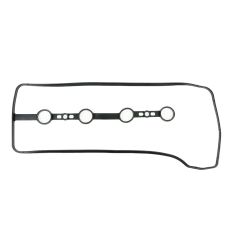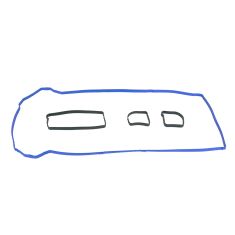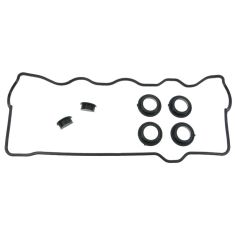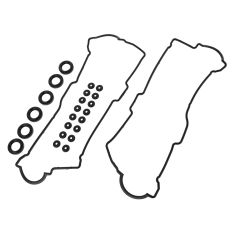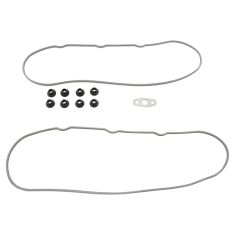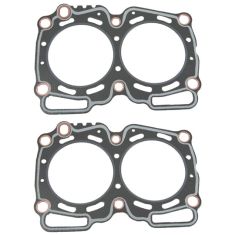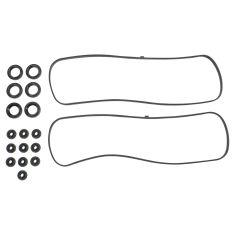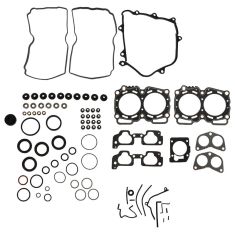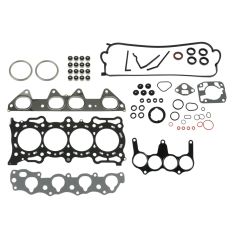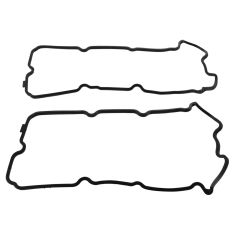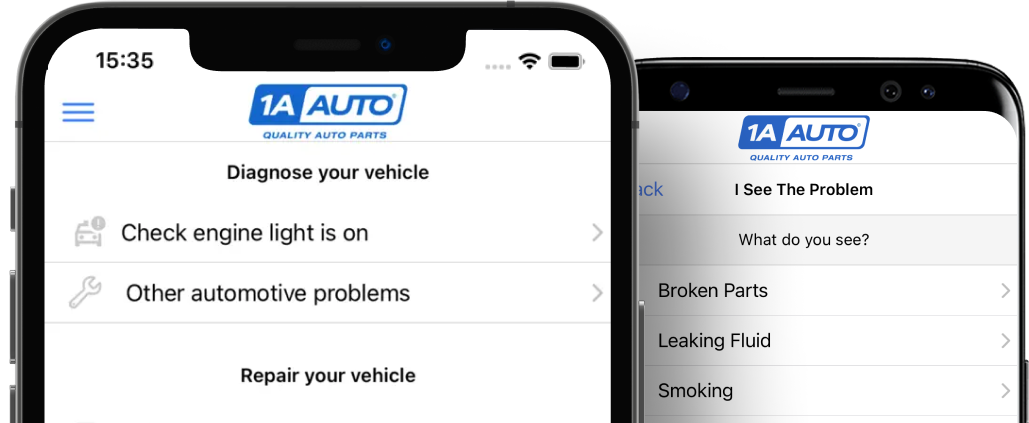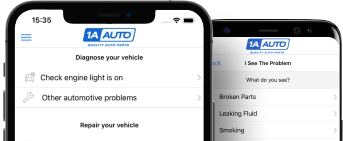Engine Gaskets & Sets
-
-
- Air Deflectors & Valance Panels
- Battery Trays & Related
- Body Panels
- Bumpers & Related - Front & Rear
- Convertible Tops, Soft Tops, & Parts
- Decal & Stripe Kits
- Emblems & Nameplates
- Engine Compartment Trim
- Frame Parts & Bushings
- Fuel Door Parts
- Fuel Tank Filler Neck
- Grille
- Header Panel
- Hood & Hatch Lift Supports
- Hood Latch & Catch Brackets
- Hood Release Cable
- Jack Pads
- Radiator Supports
- Rust Repair Panels
- Splash Shields & Fender Liners
- Tailgate Cables
- Tailgate Hinges & Related
- Weatherstripping
-
- Car Covers
- Exterior Lighting
- Exterior Parts & Accessories
- Exterior Safety & Security
- Exterior Storage
- Fender Flares
- License Plate Brackets & Frames
- Mud Flaps & Splash Guards
- Nerf Bars, Side Steps, Running Boards
- Radio Antenna
- Rain Deflectors
- Roll Bars, Light Bars, & Related
- Roof Rack
- Skid Plates
- Spare Tire Carriers & Related
- Spare Tire Covers
- Tire Care
- Tonneau Covers
- Tow Hooks & D-Shackles
- Towing Accessories
- Trailer Hitch & Components
-
- Accelerator Pedal Pad
- Auto Carpet
- Brake Pedal Pad
- Clutch Pedal Pad
- Console Parts
- Dash Pad Cover
- Dash Vents
- Floor Mats & Liners
- Horns & Horn Parts
- Interior Parts & Accessories
- Mirror - Interior Rear View
- Seat Cover and Sets
- Seat Heater Kits
- Seat Parts and Accessories
- Sun Visors & Related
- Trunk & Cargo Parts
-
- Accelerator Pedals & Sensors
- Alarms, Control Modules, & Remote Start
- Cruise Control Switch & Lever
- Electrical Parts
- Hazard Switch
- Ignition Key Lock Cylinder
- Ignition Switch
- Keyless Entry Remote & Related
- Neutral Safety Switch
- Parking Assist Cameras & Monitors
- Power Mirror Switch
- Power Seat Switches
- Power Window Switch
- Radio, Navigation, Entertainment
- Reverse Light Switch
- Trunk Release & Lock Solenoids
- Turn Signal Switches and Levers
- Windshield Wiper Switch
-
- Idler Arm
- Pitman Arm
- Power Steering Hoses
- Power Steering Oil Cooler
- Power Steering Pressure Sensor
- Power Steering Pump
- Power Steering Pump Cooling Fan
- Power Steering Pump Pulley
- Power Steering Pump Reservoir
- Steering Dampers
- Steering Knuckles and Spindles
- Steering Rack and Gear Boxes
- Steering Shafts & Couplers
- Steering Wheels & Column Parts
- Tie Rods & Adjusting Sleeves
-
-
-
-
-
-
268
27
10
10
-
Notify When Available$19.95Save 26%List $26.95 Save $7.00Brand: TRQ - SGA11398$19.95Save 26%List $26.95 Save $7.00
-
Notify When Available$32.95Save 11%List $36.95 Save $4.00Brand: TRQ - SGA11405$32.95Save 11%List $36.95 Save $4.00
-
Notify When Available$25.45Save 15%List $29.95 Save $4.50Brand: TRQ - SGA11394$25.45Save 15%List $29.95 Save $4.50
-
Notify When Available
Replaces Toyota 4Runner T100 Tacoma Tundra Valve Cover Gasket Set TRQ SGA11407
Brand: TRQ - SGA11407$39.95Save 18%List $48.95 Save $9.00Brand: TRQ - SGA11407$39.95Save 18%List $48.95 Save $9.00 -
Notify When Available$36.45Save 13%List $41.95 Save $5.50
Replaces Valve Cover Gasket Set TRQ SGA11408
Brand: TRQ - SGA11408$36.45Save 13%List $41.95 Save $5.50 -
Notify When Available$34.95Save 33%List $51.95 Save $17.00Brand: TRQ - SGA11124$34.95Save 33%List $51.95 Save $17.00
-
Notify When Available$42.95Save 20%List $53.95 Save $11.00Brand: TRQ - SGA12391$42.95Save 20%List $53.95 Save $11.00
-
Notify When Available$79.95Save 25%List $105.95 Save $26.00Brand: TRQ - SGA11365$79.95Save 25%List $105.95 Save $26.00
-
Notify When Available$64.95Save 30%List $92.95 Save $28.00Brand: TRQ - SGA11347$64.95Save 30%List $92.95 Save $28.00
-
Notify When Available$24.95Save 19%List $30.95 Save $6.00Brand: TRQ - SGA11417$24.95Save 19%List $30.95 Save $6.00
loading...
Choose the Make of Your Vehicle
